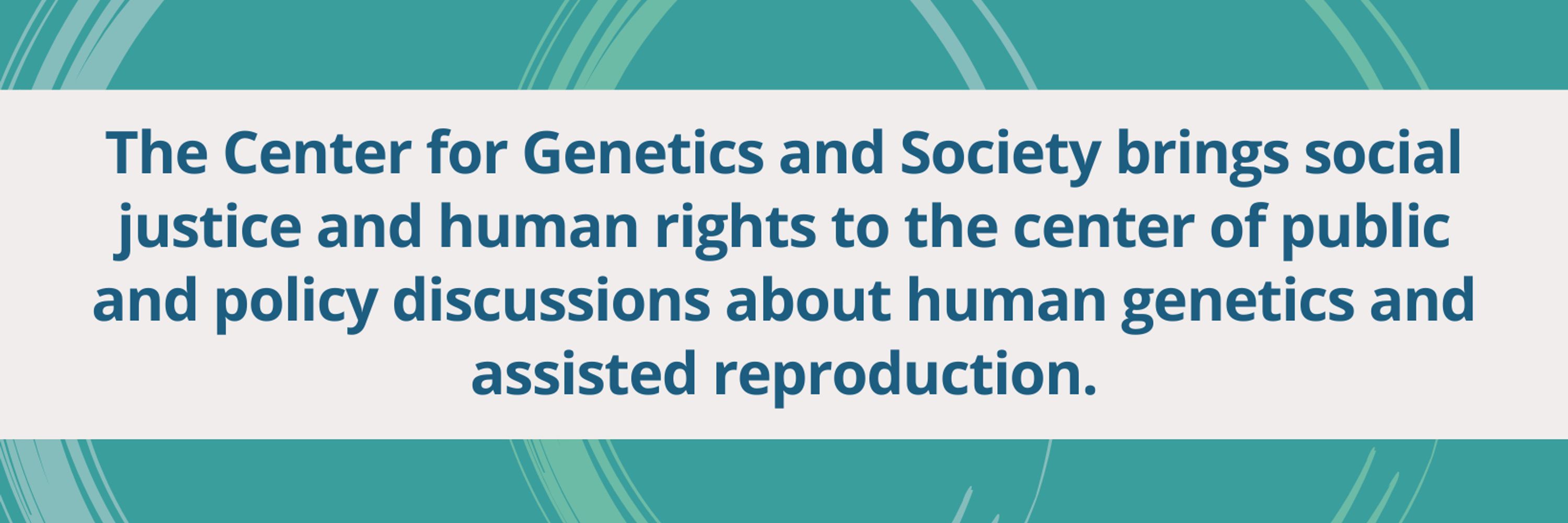
The cumulative controversies resurfaced by Watson’s death may destroy what is left of his scientific reputation.
The cumulative controversies resurfaced by Watson’s death may destroy what is left of his scientific reputation.
center-for-genetics-...

center-for-genetics-...




www.cbc.ca/listen/li...
www.cbc.ca/listen/li...
www.audacy.com/podca...
www.audacy.com/podca...



www.npr.org/2025/10/...
www.npr.org/2025/10/...




